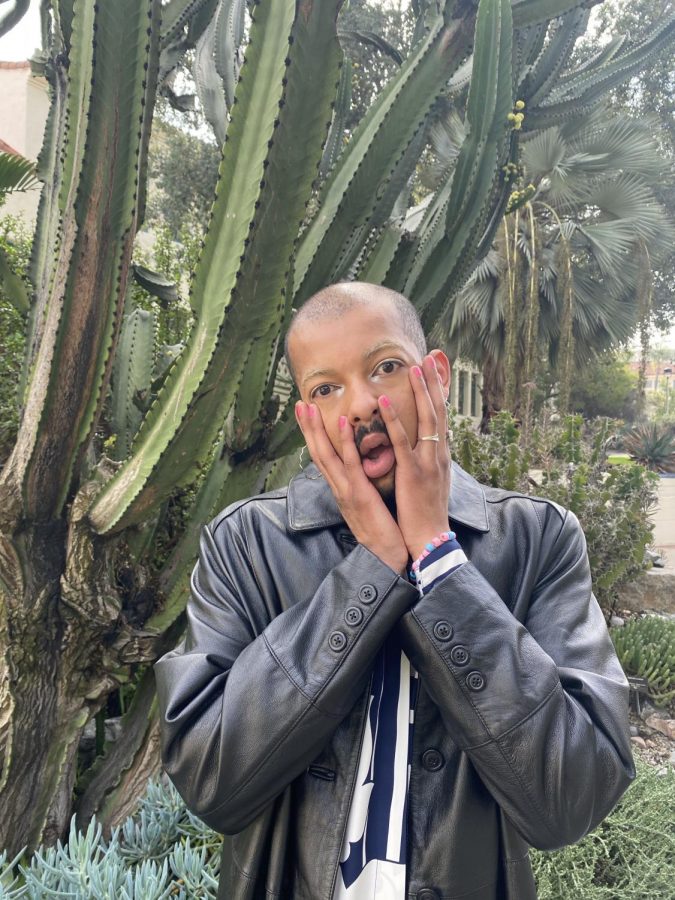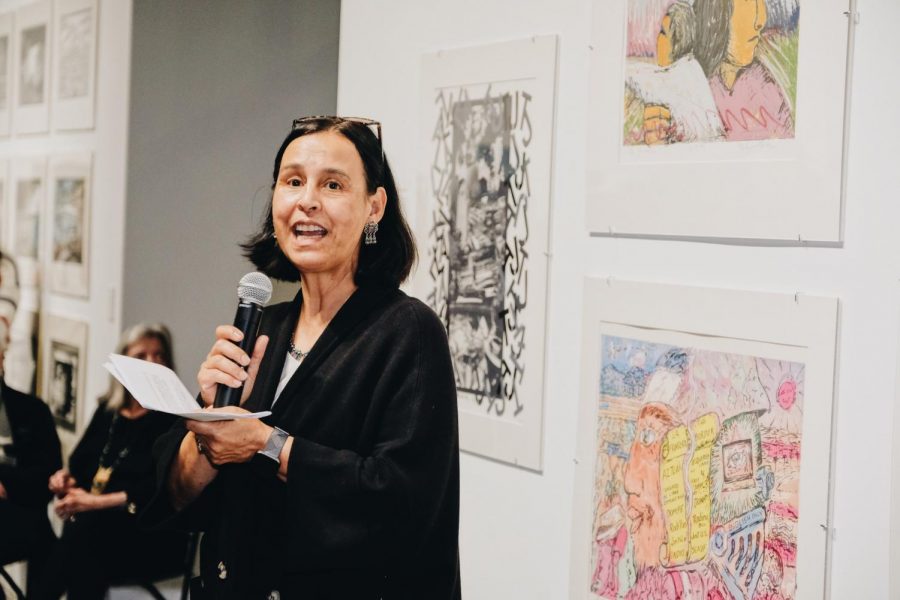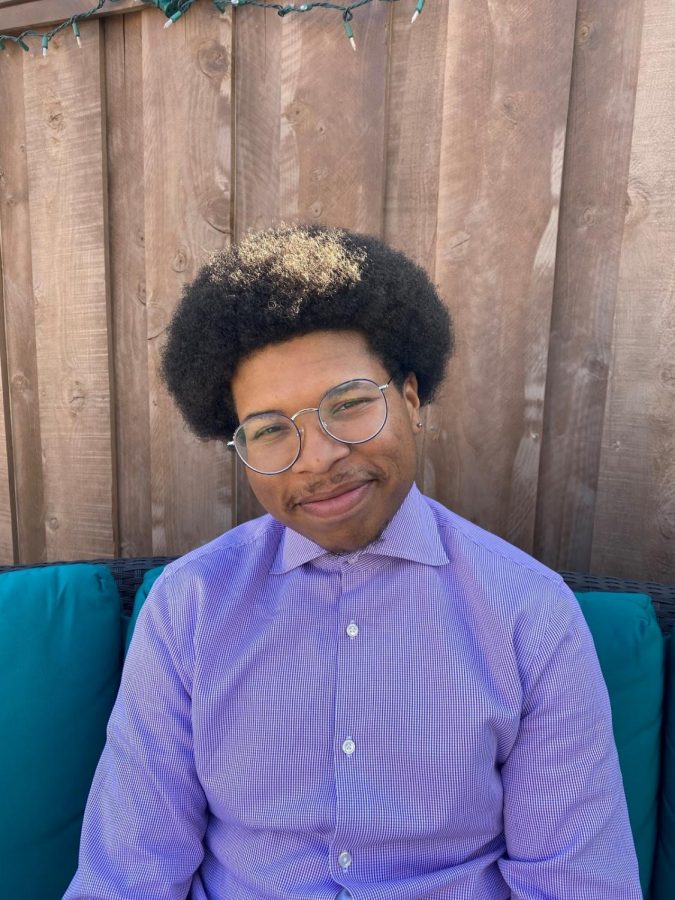In August, we lost Robin Williams. He died of self-inflicted injuries.
September is Suicide Awareness Month, and I want to use this space to share what happened to me when I lost a loved one to suicide.
I’d like to help put to rest any stigma there might be about having suicidal thoughts, bringing up these conversations, and seeking counsel when emotions feel like too much to handle.
On Jan. 13, 2013, between midnight and 5 a.m., my 26-year-old cousin likely decided he did not want to live anymore. I say ‘likely’ because members of my family still have doubts and questions pertaining to the events of that evening.
‘Likely’ because no matter how we try to play this event over and over in our heads, there is still little resolve to our grief.
Let’s compare this feeling of uncertainty to a giant endless Rubik’s Cube, that no matter what combination you turn and twist to, nothing makes sense or seems to fit.
I last talked to my cousin for about three minutes, three days before he passed. Our conversation went like this:
“Hey, I booked the rooms in Vegas for next month.”
“I’m at work, can’t talk now it’s reggaeton night and it’s super spicy in here,” he said.“I’ll call you back Sunday.”
I can hardly talk about how much I wish I called on Saturday. If I was a better cousin, I would have heard something in his voice.
Of all the emotions this tragedy brought me, guilt is what pains me the most. How is anyone supposed to know another person is feeling isolated in emotional distress, if neither party ever speaks up?
I think too often we underestimate the power of saying, “Hey, are you feeling okay?”On the other hand, there is too often a stigma about saying, “No, I’m not feeling okay. I need help.”
I can tell you at my cousin’s funeral there was a packed room full of his friends and family that longed for an opportunity to listen to him.
It’s been well over a year and my family frequently talks about my cousin’s life. There are also noticeable differences in the way we communicate with each other, whether on social media, over the phone or in person.
We were always a tightly-knit bunch, but now I feel like I’m being watched over more often. If there are supposed to be warning signs that a person is losing control, no one in my family wants to miss another one.
During my time spent in the military, I was often subjected to suicide awareness training. Posters of Armed Force’s campaigns would decorate military bases, most featuring a stereo-typical somber black and white picture of a sad G.I.
Maybe the campaigns should display a smiling person who is chained to a heavy weight of seemingly unfixable problems.
I don’t believe all suicides are planned. Sometimes a single situation can have very destructive powers over the way we are able to cope in crisis. Therefore, I think it is important to remind others that rapidly made decisions, such as harming oneself, can have the most permanent effects.
Feeling overwhelmed with depression or having emotional pain is normal, and no matter how catastrophic the impacts of these feelings are, they can be mitigated with time and help.
Sometimes feelings of depression or distress are not only situational, but endogenous factors play a part in the way our brains produce ‘happy’ chemicals throughout our body.
Speaking from a Hispanic cultural perspective, seeking professional mental help is too often perceived as strictly for crazy people or wealthy people who have money to blow on non-emergency doctor’s visit. Telling someone you were feeling depressed would be deemed as a sign of weakness.
Society really needs to evolve from that stigma, considering mental health treatment is not a sign of weakness nor is it a plea of insanity.
I am not a medical or psychological professional, nor have I ever thought of working in mental health. I am simply a person who was directly affected by suicide as a cause for death, and hopes to give small insight about what happens to the people that live on after a family member permanently removes themselves.
I hope to encourage others to become less afraid of seeking the many options for help when life feels like it is spiraling out of control, and options for relief feel limited.
For information about San Diego State’s Counseling and Psychological services, contact (619)-594-5220 or the C&PS office location in the Calpulli Center room 4401.
If you are considering harming yourself or someone else or are in need of immediate crisis counseling assistance, please call the San Diego Access & Crisis Line at 1-800-479-333, trained professionals are available 24 hours a day, 7 days a week.






